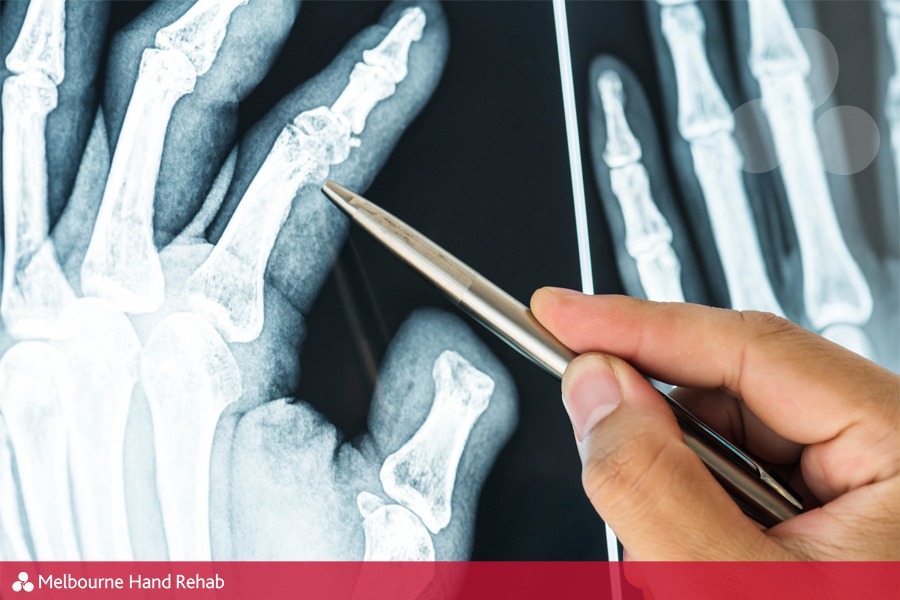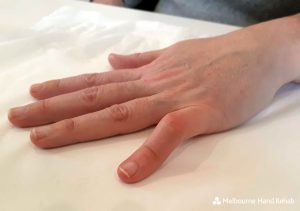
19 Apr What happens if you don’t get treatment for a broken finger?
While broken fingers may not seem like a serious injury, they can have long-term consequences if left untreated.
A broken finger is a common orthopaedic injury that can occur from a variety of causes, such as falling, sports-related activities, or even something as simple as slamming a finger in a door.
Developing chronic pain
One of the most significant consequences of not getting treatment for a broken finger is the risk of developing chronic pain. When a phalanx bone is broken, it can disrupt the normal alignment of the bones, leading to a malalignment of the joints, known as malunion. This can cause pain, stiffness, and difficulty moving the finger, which can lead to chronic pain and decreased range of motion.

Osteoarthritis
Another consequence of not getting treatment for a broken finger is the risk of developing osteoarthritis. Osteoarthritis is a degenerative condition that affects the joints, and it can be caused by a malalignment of the bones. When a finger is broken, the bones can heal in a misaligned position, putting extra stress on the joints and increasing the risk of developing osteoarthritis.
Loss of function
A broken finger can also lead to a loss of function and ability to perform daily activities. The finger is an important part of the hand, and it plays a critical role in grasping and manipulating objects, known as fine motor skills. When a finger is broken, it can be difficult to move and use, leading to a loss of function and difficulty performing daily activities.
Abnormal healing
If the broken finger isn’t treated properly, it can lead to malunion, which is a poor healing of the bone. This can cause the finger to heal in an abnormal position, and it can lead to difficulty in moving the finger, and it can also cause pain and discomfort.

What are the signs that you might have a broken finger?
- History of a traumatic injury (jamming your finger in door, hitting it with a cricket ball etc.)
- Swelling
- Bruising
- Painful to touch, often a sharp pain
- Decreased movement/strength – but it’s important to know being able to move your finger and use your hand doesn’t mean you don’t have a broken finger
If you suspect that you have a broken finger, it is important to seek medical attention as soon as possible. Our hand therapists can help you to diagnose the injury, provide treatment, and suggest rehabilitation exercises that can help to prevent re-injury and improve the overall function of the hand.
By Karen Friesen
If you are experiencing finger, hand or wrist pain, don’t hesitate to get in touch. We’d love to help you.
BOOK AN APPOINTMENT
For more information, call us directly on 03 9458 5166
You might also be interest in:


